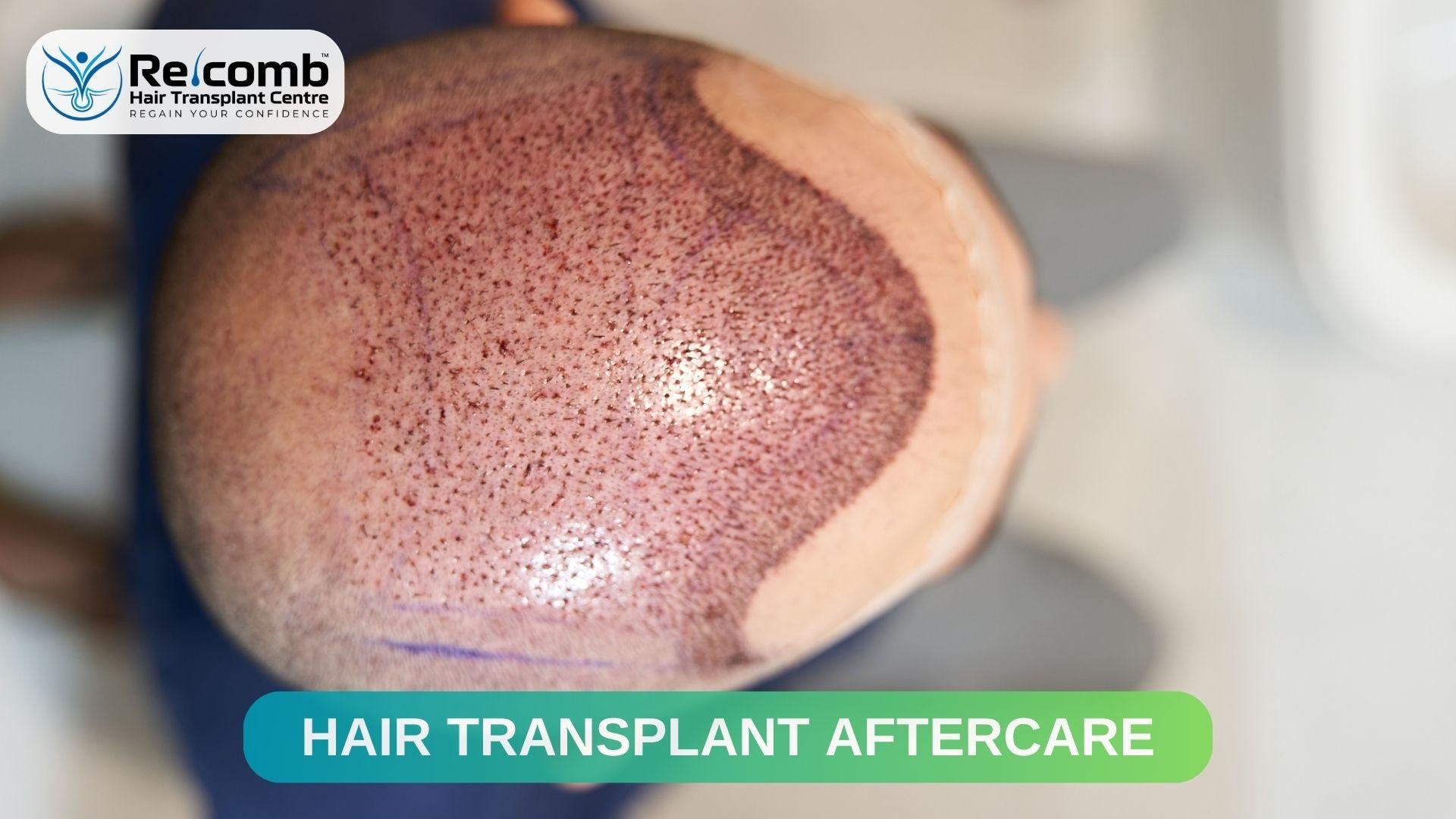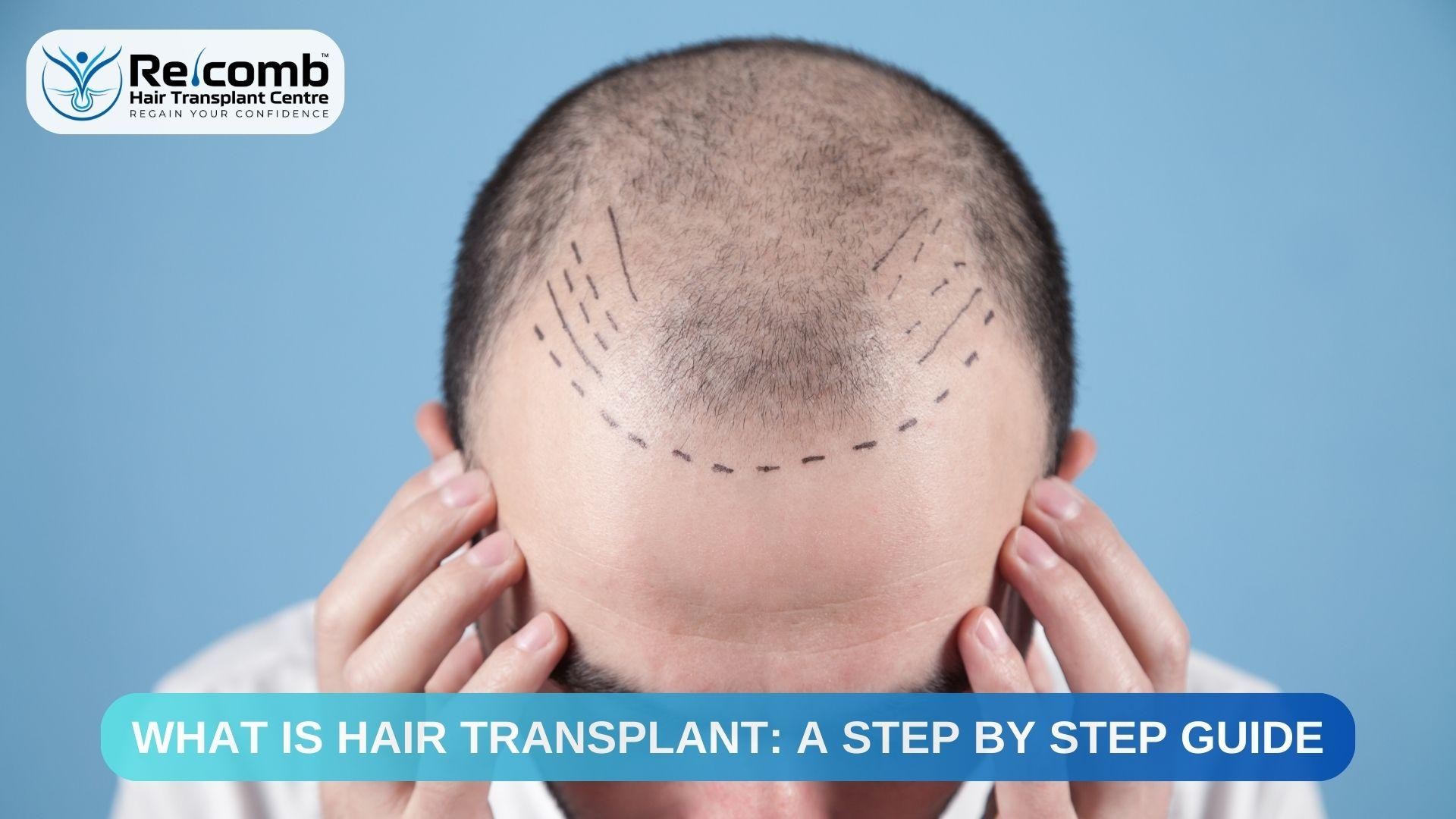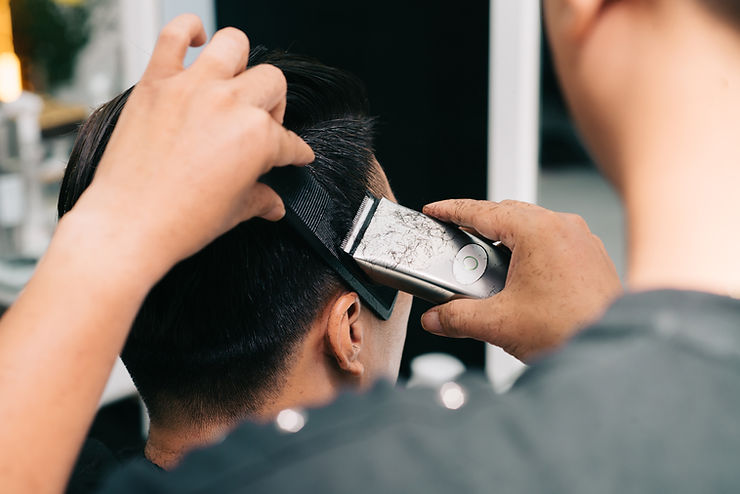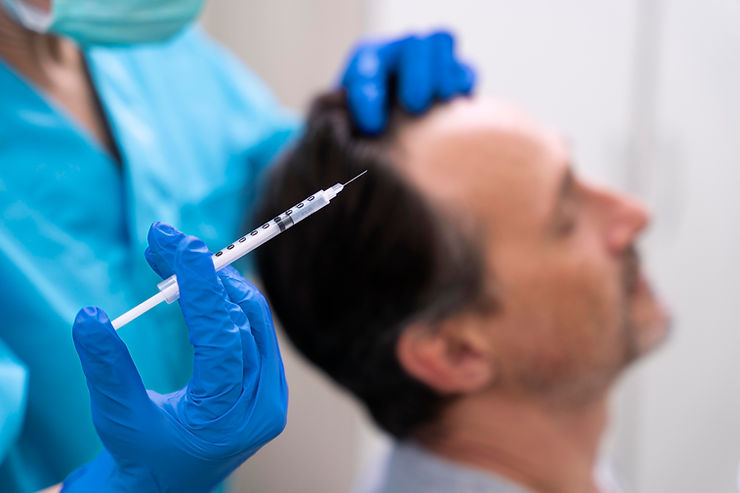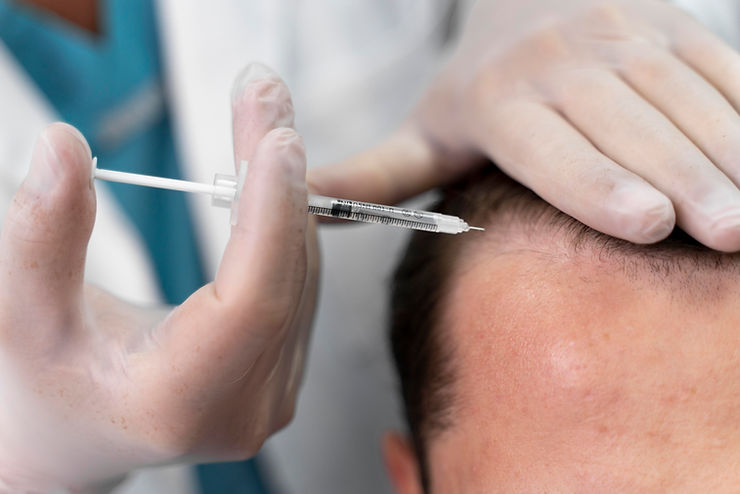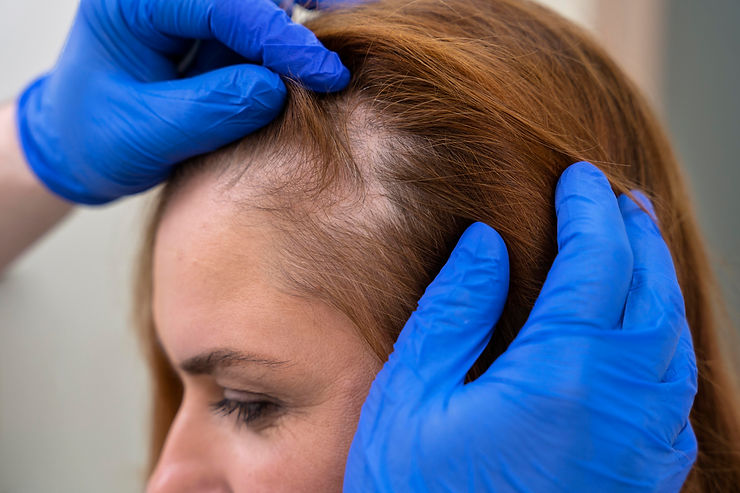Hair transplantation has become a popular solution for individuals dealing with hair loss, offering natural-looking and long-lasting results. However, while the procedure itself is a critical step, what happens after the transplant is just as important. Our hair transplant specialist at Recomb hair transplant centre, considered as the Best Hair Transplant Doctors in Surat wouldn’t want you to skip proper aftercare. It ensures the success of the procedure, reduces the risk of complications, and maximizes the longevity of your new hair. In this blog post, we’ll dive into why hair transplant aftercare is essential and outline the key steps to follow for a smooth recovery and optimal results.
Why Hair Transplant Aftercare Is Crucial
A hair transplant involves surgically extracting hair follicles from one area of the scalp (donor site) and implanting them into areas experiencing thinning or balding (recipient site). We at Recomb hair transplant centre, being one of the Best Hair Transplant Centres in Surat, opt for a minimally invasive procedure, which is still a surgical procedure and requires proper care to ensure the healing process goes smoothly.
Here’s why aftercare matters:
- Promotes Healing: After the procedure, your scalp will have tiny incisions or punctures. Proper aftercare helps these wounds heal without complications like infections or scarring.
- Ensures Graft Survival: The transplanted hair follicles are in a delicate state during the initial weeks after surgery. Following aftercare instructions minimizes the risk of dislodging or damaging these grafts, giving them the best chance to take root and grow.
- Reduces Complications: Without proper care, complications like swelling, infection, or bleeding can arise. These issues can jeopardize the results of the transplant and prolong recovery time.
- Maximizes Long-Term Results: Aftercare isn’t just about the short-term healing process; it also plays a role in ensuring the transplanted hair thrives and integrates seamlessly with the rest of your scalp
Key Aspects of Hair Transplant Aftercare
Once you’ve decided to go through the hair transplant procedure, after evaluating hair transplant costs in Surat, here are the most critical steps and considerations to ensure your recovery goes as smoothly as possible:
1. Protect the Grafts
The first few days after the transplant are vital for graft survival. Avoid touching, scratching, or rubbing the transplanted area, as this can dislodge the grafts. Use any protective coverings recommended by your surgeon to shield the area from dirt and external irritants.
2. Follow Post-Operative Instructions
Your surgeon will provide specific aftercare instructions tailored to your procedure. These may include:
- Medications to manage pain or reduce swelling.
- Antibiotics to prevent infection.
- Special shampoos or cleansers for gentle cleaning of the scalp.
Strictly adhering to these instructions ensures your scalp heals properly.
3. Avoid Direct Sunlight
Exposing your scalp to direct sunlight can damage the sensitive skin and disrupt the healing process. Wear a loose-fitting hat or stay indoors during peak sunlight hours for the first few weeks.
4. Be Careful When Washing Your Hair
Washing your hair is an essential part of aftercare, but it must be done with caution. Typically, surgeons recommend waiting 48 hours before your first wash. When you do wash, use a gentle dabbing motion instead of scrubbing, and avoid using high-pressure water.
5. Avoid Physical Strain
Heavy exercise, bending over, or other activities that increase blood flow to the scalp can lead to swelling or bleeding. Resting and avoiding strenuous activities for at least a week is crucial.
6. Manage Itching and Scabbing
It’s normal to experience itching and scabbing as the scalp heals. However, resist the urge to scratch or pick at scabs, as this can damage the grafts. Your surgeon may recommend a saline spray or moisturizer to ease the discomfort.
7. Monitor for Signs of Infection
Long-Term Aftercare for Healthy Hair Growth
The journey for hair transplant, the best hair loss treatment in Surat, doesn’t end once the initial healing period is over. Maintaining the health of your scalp and hair is an ongoing process. Here are some tips for long-term care:
- Healthy Diet: A balanced diet rich in vitamins and minerals like biotin, zinc, and vitamin D promotes hair growth.
- Avoid Smoking and Alcohol: These can hinder blood circulation to the scalp, which is essential for healthy hair growth.
- Use Gentle Hair Products: Avoid harsh shampoos, dyes, or styling products that may irritate the scalp.
- Stay Consistent with Follow-Ups: Regular check-ins with your surgeon allow them to monitor your progress and address any concerns promptly.
Conclusion
Hair transplant surgery is an investment in your confidence and self-esteem. However, the procedure itself is only part of the journey. Hair transplant surgeons in Surat advice proper aftercare to protect your investment, ensure a smooth recovery, and achieve the best possible results.
If you’re considering a hair transplant or have recently undergone one, remember that aftercare is not just a precaution—it’s a critical step toward success. Invest in your aftercare just as much as you invested in your procedure, and your future self will thank you for it!

